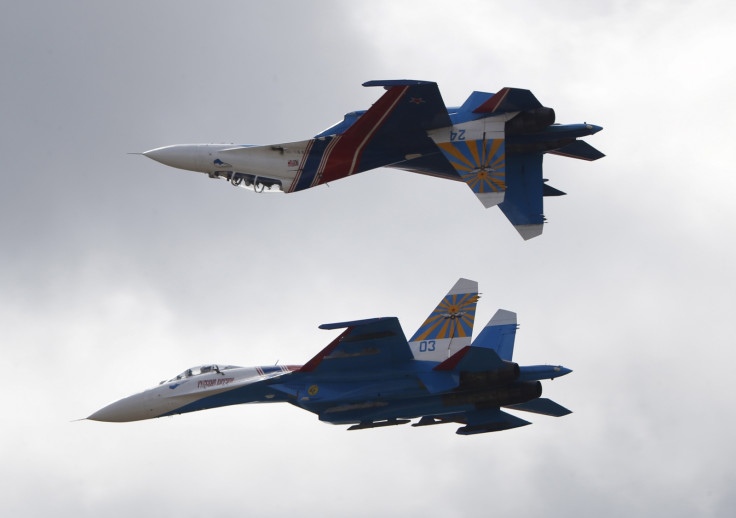China and Russia gearing up for Baltic Sea naval drills
China sends an advanced guided-missile destroyer to participate in the exercises, codenamed Joint Sea 2017.
China and Russia are gearing up to hold joint naval drills in the Baltic Sea with more than a dozen warships set to take part. Beijing has already sent one of its advanced guided-missile destroyers to participate in the exercises, codenamed Joint Sea 2017.
Military aircraft and helicopters of both the navies will also be part of the drills which formally start on 21 July and will go on till 28 July, the Russian defence ministry said. The exercises are aimed at improving cooperation between the two naval forces and to better counter maritime threats.
"The main goals of the exercises are to increase the efficiency of cooperation between the two fleets in countering security threats at sea, to train compatibility of the crews of Russian and Chinese warships, to strengthen friendship and cooperation between the Russian Navy and the naval forces of the Chinese People's Liberation Army," the Russian defence ministry said in a statement.
While the active phase of the maritime war games will take place between 24 and 27 July, the Chinese naval forces will be formally welcomed at a ceremony at Russia's base Baltiysk in Kaliningrad region.
Beijing has already dispatched Type 052D destroyer, Changsha – one of the sophisticated warships of the Chinese navy - to join the exercises.
"By sending its most advanced guided-missile destroyers, China is expressing its sincerity to Russia and also sends a strong signal to other countries who plan to provoke us," Li Jie, a Beijing-based navy analyst, was quoted as saying by China's state-run Global Times.
Though the two countries have held joint naval drills annually in the past, this year's location – the strategically important Baltic Sea where there were tense confrontations between Russian and West's forces recently – gains additional significance.
The second phase of the Russia-China exercises is scheduled to take place in September in the Sea of Japan and the Sea of Okhotsk.

© Copyright IBTimes 2024. All rights reserved.






